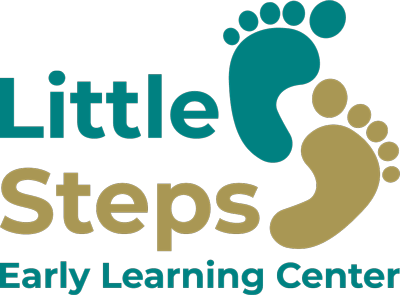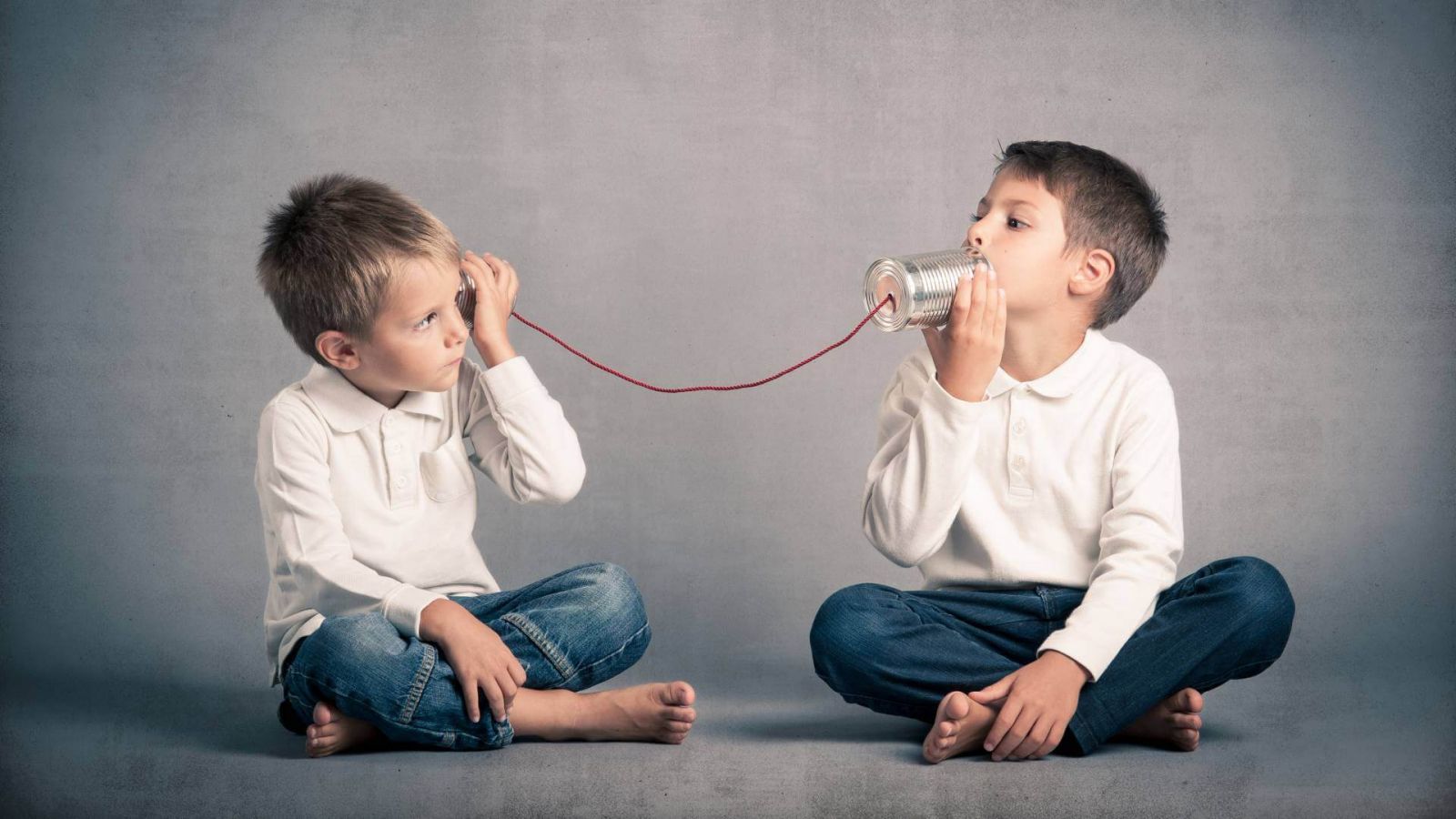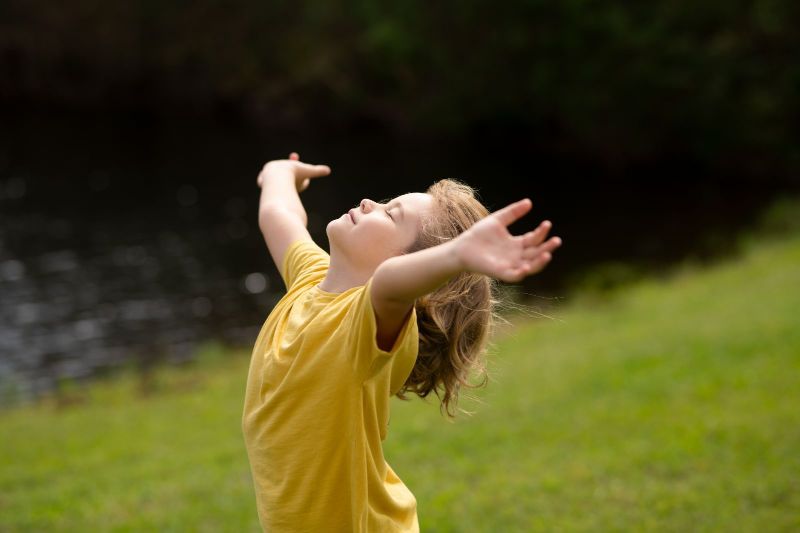In today's fast-paced world, where distractions are abundant, fostering mindfulness in young children has become increasingly important. Mindfulness, a practice rooted in ancient traditions, has gained significant attention in recent years due to its numerous benefits for mental, emotional, and physical well-being. While commonly associated with adults, mindfulness holds equal significance for young children, providing them with essential skills to navigate life's challenges and build a solid foundation for their future. This article explores the importance of mindfulness for young children and highlights the benefits it offers in their overall development.
Understanding Mindfulness for Young Children
Mindfulness, in its simplest form, refers to the state of being fully present, aware of one's thoughts, feelings, bodily sensations, and surroundings, without judgment or attachment. For young children, mindfulness involves teaching them to direct their attention intentionally and non-judgmentally, allowing them to focus on the present moment. This practice cultivates a sense of awareness, emotional regulation, empathy, and self-control, enabling children to better understand and manage their emotions.
Enhanced Emotional Regulation
One of the significant benefits of mindfulness for young children is improved emotional regulation. Mindfulness practices help children recognize their emotions without becoming overwhelmed by them. By developing an awareness of their emotional states, children can identify and label their feelings, fostering a greater sense of self-understanding. This ability to regulate emotions is crucial for their overall well-being and lays the foundation for healthy social interactions.
Improved Concentration and Focus
In an increasingly digital world filled with distractions, teaching young children mindfulness can significantly enhance their concentration and focus. Mindfulness exercises, such as mindful breathing or body scans, help children develop the ability to sustain their attention on a specific task or activity. By training their minds to remain present, children become less susceptible to external distractions, leading to increased productivity and improved learning outcomes in academic and social settings.
Stress Reduction and Resilience
Children, like adults, experience stress and anxiety in their daily lives. Mindfulness offers an effective tool for managing stress and building resilience in young children. By practicing mindfulness, children learn to recognize the signs of stress in their bodies and minds. They develop coping mechanisms, such as deep breathing or guided imagery, to calm their nervous system, reducing the negative effects of stress. This newfound resilience equips children with valuable skills to face challenges with confidence and adaptability.
Enhanced Social and Emotional Skills
Mindfulness practice fosters the development of social and emotional skills in young children. By cultivating present-moment awareness and empathy, children learn to relate to others with kindness, patience, and understanding. Mindfulness helps them develop effective communication skills, emotional intelligence, and problem-solving abilities, which are crucial for building positive relationships and resolving conflicts. These skills lay the groundwork for healthy social interactions, empathy, and cooperation with peers and adults.
Improved Sleep Quality
Quality sleep is vital for children's growth and development. Mindfulness practices before bedtime can help young children relax and prepare for a restful sleep. Techniques like progressive muscle relaxation and guided imagery can alleviate anxiety, clear the mind, and promote relaxation. By incorporating mindfulness into their bedtime routine, children can experience improved sleep quality, resulting in better cognitive functioning, emotional regulation, and overall well-being.
Nurturing Self-Compassion and Well-being
Mindfulness encourages children to develop self-compassion and a positive self-image. By cultivating non-judgmental awareness, children learn to accept themselves and others with kindness and compassion. This practice fosters a healthy sense of self-worth, resilience, and well-being, reducing the likelihood of developing negative self-perceptions or engaging in self-destructive behaviors.
In a world filled with constant distractions and increasing demands, nurturing mindfulness in young children has become imperative. The practice of mindfulness equips children with invaluable tools to navigate life's challenges, enhance emotional regulation, improve concentration, manage stress, and develop vital social and emotional skills. By introducing mindfulness practices at an early age, parents, caregivers, and educators can lay a solid foundation for children's overall well-being and empower them to lead balanced, fulfilled lives. As we recognize the importance of mindfulness for young children, let us embrace its potential to shape a generation of mindful individuals who can thrive in an ever-changing world.


